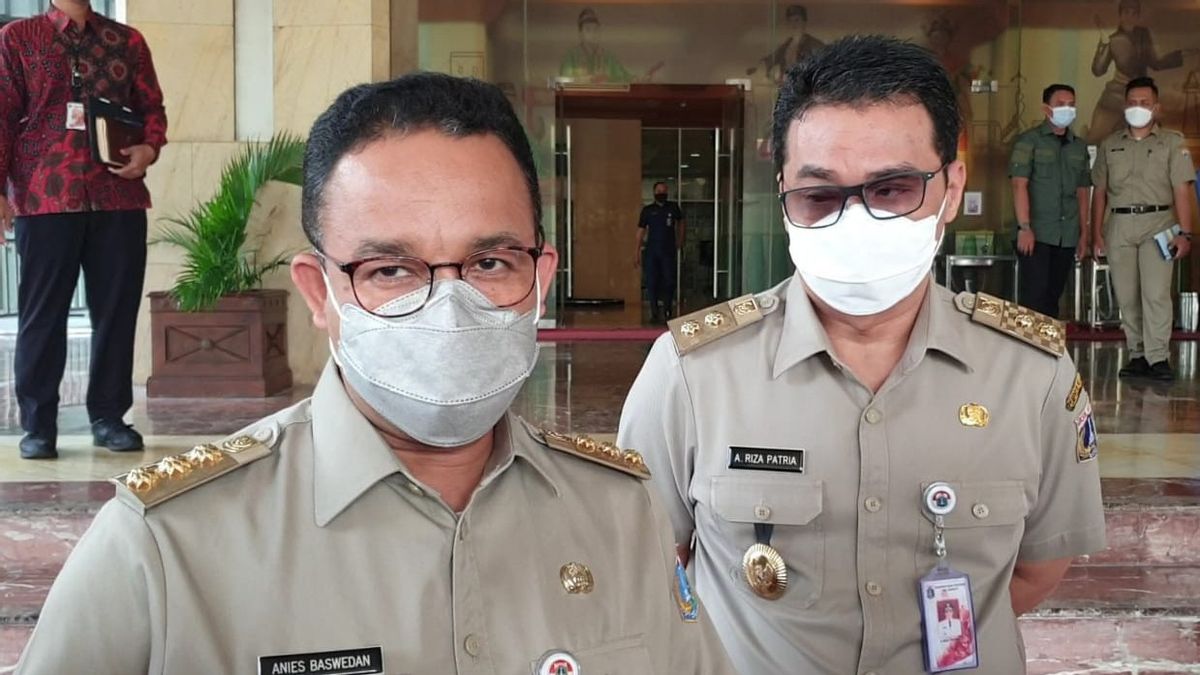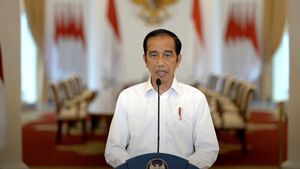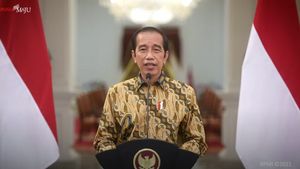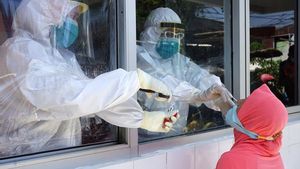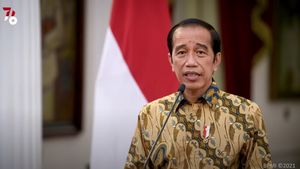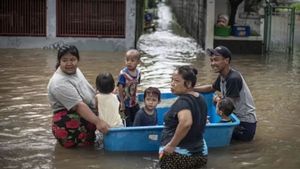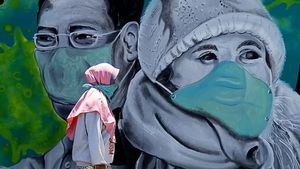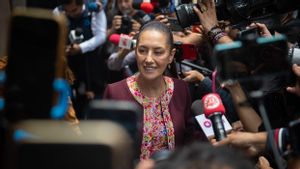JAKARTA - The civil society coalition rejects the plan of DKI Jakarta Governor Anies Baswedan to impose criminal sanctions on violators of health protocols.
The coalition consists of the Jakarta Legal Aid Institute (LBH), the Urban Poor Network (JRMK), the Urban Poor Consortium (UPC), the Indonesian Legal Aid Foundation (YLBHI), and the Institute for Criminal Justice Reform (ICJR).
This plan is included in the revision of Regional Regulation Number 2 of 2020 concerning COVID-19 Management. This regional regulation revision is still in the process of being discussed by the DKI DPRD Formation of Regional Regulations (Bapemperda).
LBH Jakarta lawyer Charlie Albajili said that his party rejected the plan to apply criminal sanctions because this was a solution for the government's failure to ensure the needs of its citizens during the restrictions.
In fact, the community's social security obligations are contained in the Health Quarantine Law.
"Efforts to regulate criminal sanctions for the community are only a form of diversion from the government's failure to carry out its responsibilities. Efforts to control COVID-19 will not be successful without guaranteeing the daily needs of citizens and access to proper and free health care for all levels of society," Charlie said in his statement, Monday, July 26.
Instead of applying criminal sanctions, Charlie thinks that the government needs to correct the confusion in the data on recipients of social assistance and the uneven distribution of social assistance in DKI Jakarta that occurred until early 2021.
The existence of a transparent information system, a measurable complaint mechanism to efficiency, and budget reallocation needs to be a priority.
"Especially after the revelations of the mega-corruption of social assistance for the Jabodetabek area by the Ministry of Social Affairs, which caused enormous public distrust of the government," he said.
Not only that, criminal sanctions for prokes violators are considered to have the potential to make it more difficult for the community, especially those with lower economic conditions.
The Central Statistics Agency (BPS) noted, as of March 2021, the poor population in Jakarta has increased by 21,000 since March 2020. According to Charlie, criminal sanctions will only be an insensitive policy with the condition of people's welfare which is increasingly declining.
"Criminal sanctions have the potential to target and add to the misery of the urban poor who depend on daily informal work outside the home," he said.
SEE ALSO:
It is known, DKI Jakarta Governor Anies Baswedan wants criminal sanctions for people who violate health protocols during the pandemic in the revised Regional Regulation Number 2 of 2020.
In the draft regional regulation amendment, Anies added two articles between Articles 32 and 33, namely Articles 32A and 32B. This article adds a criminal threat.
He explained, if there are violators who repeat the act of not wearing a mask after being given social and administrative work sanctions, they will be sentenced to a maximum of three months in prison or a maximum fine of Rp500,000.
Furthermore, for business actors such as offices, industry, hotels, transportation, and restaurants who repeat the act of violating health protocols and have received a license revocation, they will be sentenced to a maximum imprisonment of three months or a maximum fine of Rp50,000,000.
The English, Chinese, Japanese, Arabic, and French versions are automatically generated by the AI. So there may still be inaccuracies in translating, please always see Indonesian as our main language. (system supported by DigitalSiber.id)
